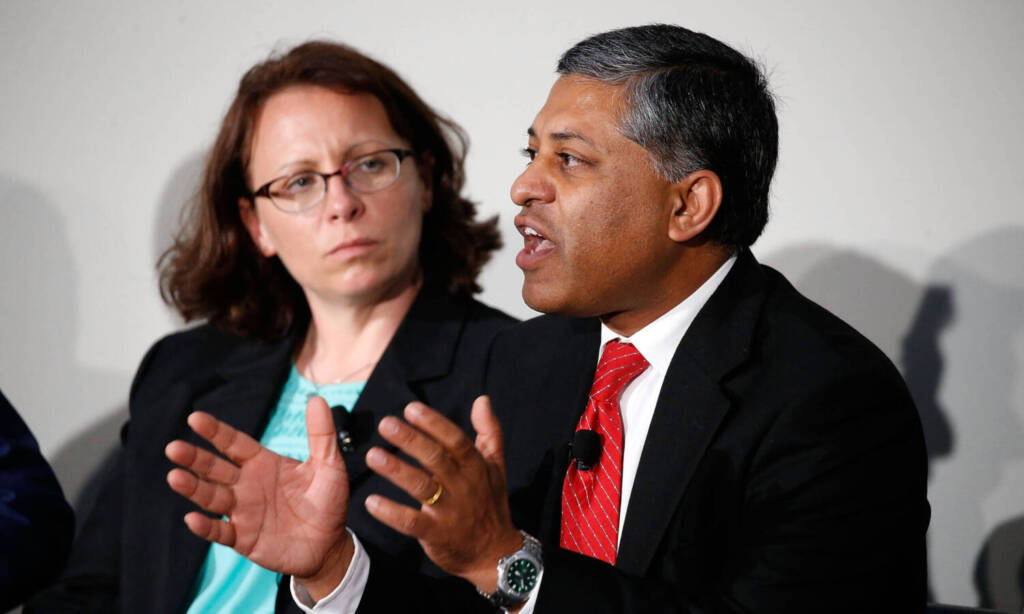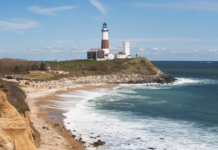By Nina Zdinjak
Compared to other countries, overdose death rates in the U.S. are three to four times higher. The CDC recently confirmed an estimated 100,306 drug overdose deaths during the 12-month period ending in April 2021, an increase of 28.5% from the same period the year before. This alarming increase is compelling federal health officials to be more open to new ideas and suggestions on how to deal with the crisis.
About a month-and-half after the Secretary of Health and Human Services (HHS) Xavier Becerra revealed the Biden administration’s strategy to deal with the epidemic could include allowing supervised consumption sites, White House drug czar Rahul Gupta told CNN it is critical to consider “any and every option” to address the crisis.
Gupta, director of the Office of National Drug Control Policy (ONDCP) confirmed that could include allowing safe injection sites for illicit substances, only if evidence backs their efficacy, reported Marijuana Moment.
These sites already exist in Canada and Europe and are often considered a helpful tool in saving many thousands of lives of people who would otherwise have accidentally overdosed. Those who oppose them claim the facilities encourage drug use.
New York City First In Nation To Try This
Just this month, New York City became the first in the nation to open two overdose prevention centers (OPC) where people can use illicit drugs and receive medical care and services.
When asked whether he supports New York’s historic move Gupta replied: “I would be interested in looking at the science and data behind all of the emerging harm reduction practices. We want to learn and we want to make sure that every possible door that we can open up to help people connect them to treatment is available to us.”
RELATED: New York City First In The US To Open Safe Injection Sites For Illegal Drugs
Gupta continued, “if you’re looking to save lives, and you’ve reached a historic precedent level of deaths, you cannot avoid looking at any and every option in order to save those lives.”

Previously the drug czar could not discuss harm reduction centers because of ongoing litigation connected to a Philadelphia nonprofit that faced legal difficulty for trying to open such a center.
“We are seeing a crisis for which harm reduction is going to have to be one of the very important tools in our toolbox and for that very reason that this administration has made harm reduction for the first time part of its federal policy,” Gupta noted.
RELATED: New Zealand: First In World To Legalize Drug Checking At Public Events
Prior to assuming the post of drug czar, Gupta, a medical doctor, held an important role in managing the implementation and development of West Virginia’s medical marijuana program. Now, his comments provide hope for a possible shift in the standard overdose crisis problem approach.
This article originally appeared on Benzinga and has been reposted with permission.








